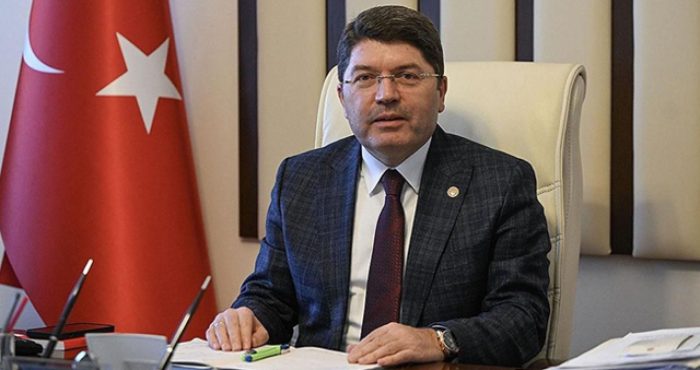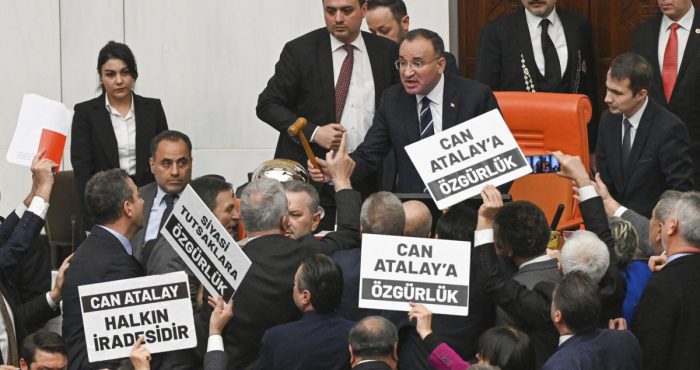In reply to Rutkay Aziz stating “let him listen to the music of Mozart, it will do him good”, President Erdoğan has replied: “to bludgeon me to listen to the music of Mozart is a fascist act in the light of my disposition”. Therefore, it is unsurprising that I found the news that President Erdoğan would go to Fazil Say’s concert of Mozart a somewhat contradictory but pleasant shock. Indeed, I believe that parallels can be drawn between state governance and economic success on the one hand and arts on the other.
It is natural that President Erdoğan will have personal opinions on topics ranging from music to economics to state governance and, as our leader, we should all show respect to these views. But, since his behaviour and opinions have far reaching impacts on all Turkish citizens, society should have the liberty to express views on the President’s personal opinions.
There are certainly differences between Turkish and Western styles of music. Turkish styles possess odd meters and beats, with the gap between notes lasting nine seconds; all these peculiarities can be combined in any number of ways to produce over 400 genres to fit each mood. The level of diversity is so vast that it was once used as medical treatment. By contrast, Western music puts the gaps between notes at around 2 seconds but still has various tones and genres for all situations. However, what we must recognise is that there must be some aspects in both styles that are superior to the other.
Of course, it is natural for a person who is accustomed to one style of music to dislike the other. However, this does not mean that we should refuse to recognise the superiorities of the other style. Instead we should show tolerance to other styles and be prepared to incorporate their superiorities into our own. If one is not prepared to do this then surely, they will fail to adapt and thus lag behind international competition.
Western music has internationally and generally accepted superiorities. For example, polyphony is the style of creating a work by having each instrument play different musical notes in harmony rather than having instruments play the same notes at the same time. Moreover, it sees tens of different modes of music combined in a single work to the aim of having a main theme in harmony, rather than finishing a work in a single mode. Similarly, using a variety of instruments and providing each of them with the place of importance it deserves in the orchestral order is an advantage to the style. We should recognise, and be tolerant of, these superiorities.
Conductors, maestros and composers of large orchestras that see the combination of a wide variety of instruments, notes and chords to the aim of producing a composition in complete harmony are respected even more than the instrument virtuosos themselves. Although they do not play any particular instrument, it is recognised that more skill and talent is required to direct a polyphonic orchestra; in fact one may go as far to say that to orchestrate or compose a polyphonic orchestra is more difficult than governing a country. This is why conductors, maestros and composers get even higher respect than presidents or prime ministers because not everyone can become an orchestra maestro, and if nevertheless they are assigned to direct an orchestra without deserving it, they will inevitably miss their footing at the first concert and lose their position. One can become an orchestra maestro only if they deserve it as a result of a lifelong effort for success.
It makes sense then that a president can derive lessons from how an orchestra is directed in full harmony and how the maestro achieves this end. Just like the maestro does not play an instrument themselves but has the work attributed to them, so it is that a president must be able to orchestrate all the arms of government in harmony to result in a successfully run country.
https://www.bik.gov.tr/cumhurbaskani-erdogan-fazil-sayin-konserine-katilmak-istiyor/




